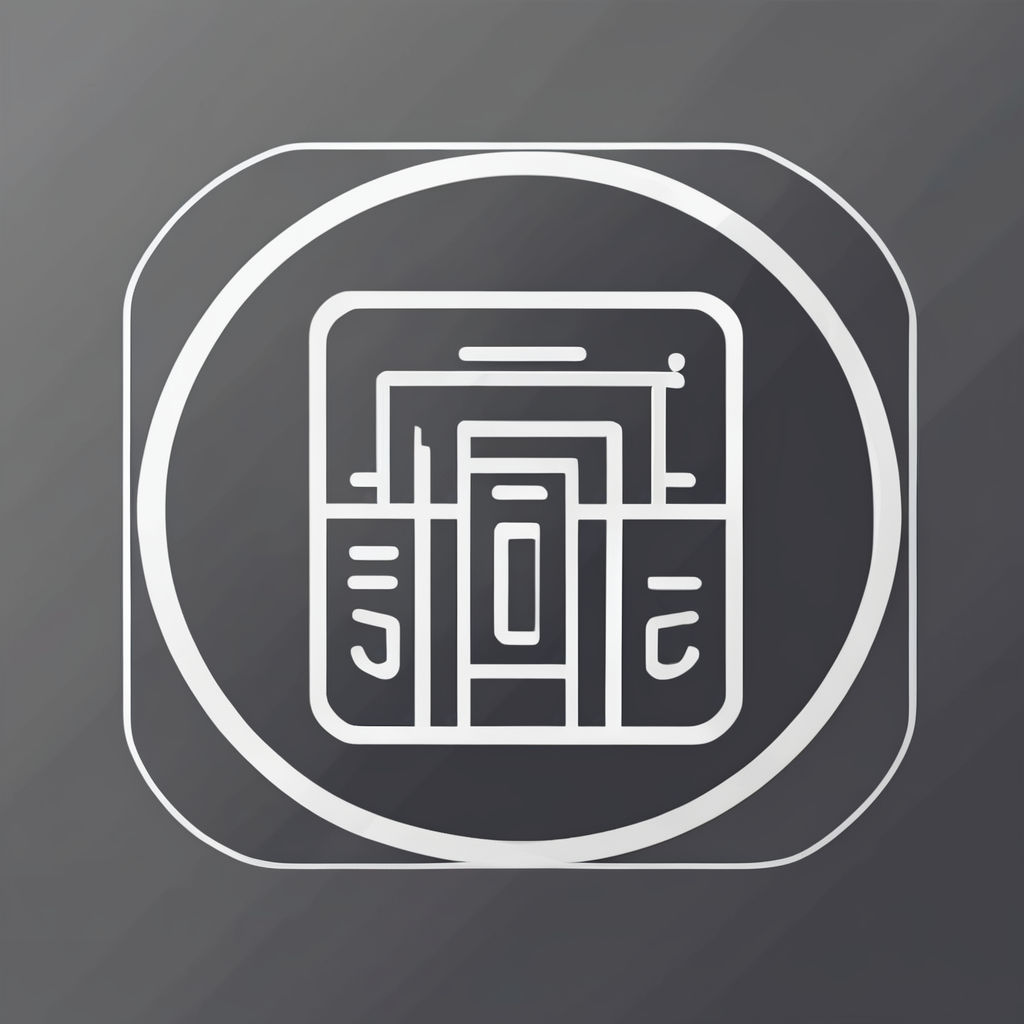Why is learning Arabic online becoming more accessible than traditional methods?
Digital Arabic education has revolutionized language acquisition, making learning Arabic online has become more accessible than ever before for busy professionals and students worldwide. According to recent research by the Global Online Learning Association, online language learning enrollment surged by 47% in 2025, with Arabic ranking among the top five most sought-after languages. The personalized approach allows learners to progress at their own pace while flexible scheduling accommodates even the most demanding professional commitments. Ready to dive into the journey of learning arabic easily with one-on-one sessions tailored specifically to your goals and availability?
How do personalized online Arabic lessons transform your language journey?
When studying Arabic through one-on-one tutoring sessions, you unlock a completely different learning experience compared to traditional group classes. The transformation begins with immediate access to your instructor’s undivided attention, allowing every question, pronunciation challenge, and grammatical confusion to be addressed in real-time. This individualized approach creates an environment where your specific learning style dictates the teaching methodology, rather than forcing you to adapt to a one-size-fits-all curriculum designed for the masses.
Also to discover : Discover paradise at camping naturiste landes: your guide
The customization extends far beyond simple pace adjustment. Private Arabic tutoring sessions with native speakers allow instructors to identify your unique strengths and challenges within the first few lessons, then craft a curriculum that builds upon your natural abilities while systematically addressing weaker areas. Whether you struggle with Arabic script recognition, find verb conjugations particularly challenging, or need extra focus on conversational fluency, your learning path adapts dynamically to ensure consistent progress without the frustration of being held back or rushed forward by group dynamics.
What makes immersive Arabic instruction so effective for rapid progress?
The power of immersive teaching lies in its ability to create a complete linguistic environment where mastering Arabic language skills with professional guidance becomes second nature. Unlike traditional classroom approaches, immersive instruction transforms every lesson into a mini cultural journey that accelerates comprehension and retention.
Also read : Ski apartments for sale in chamonix: luxury awaits you
Here are the proven methods that make immersive Arabic instruction so remarkably effective:
- Real-time conversation practice – Students engage in authentic dialogues from day one, building confidence through immediate application of vocabulary and grammar structures in meaningful contexts.
- Cultural context integration – Every lesson weaves in historical references, social customs, and regional nuances that give words their true meaning beyond simple translation.
- Literary Arabic exposure – Instructors conduct sessions entirely in classical Arabic, immersing students in the language’s formal structure while maintaining comprehension through visual aids and contextual clues.
- Interactive storytelling exercises – Traditional tales and contemporary narratives serve as engaging vehicles for grammar instruction and vocabulary expansion.
- Multimedia comprehension activities – Students analyze Arabic media, poetry, and authentic materials that reflect how the language lives and breathes in real-world situations.
This comprehensive approach ensures that students don’t just memorize phrases—they internalize the language’s rhythm, logic, and cultural soul, creating lasting proficiency that extends far beyond basic communication skills.
How to choose the right Arabic tutor for your specific needs?
Finding the perfect instructor becomes crucial when learning Arabic online has become more accessible than ever before. The right tutor can transform your language journey from overwhelming to enjoyable, making the difference between struggling with basic phrases and confidently engaging in meaningful conversations.
Your instructor’s credentials matter significantly in shaping your progress. Look for tutors who possess formal qualifications in Arabic linguistics or education, combined with substantial teaching experience across different proficiency levels. Native speakers bring authentic pronunciation and cultural insights that textbooks simply cannot provide, offering you exposure to natural speech patterns and colloquial expressions that make your communication more genuine.
Teaching methodology reveals how effectively your sessions will unfold. Some instructors excel at structured grammar approaches, while others focus on conversational immersion from day one. Consider your personal learning style – do you thrive with systematic progression through textbook materials, or do you prefer diving into real-world scenarios immediately? Affordable monthly Arabic language learning subscriptions often allow you to试试 different teaching styles before committing long-term.
Communication compatibility extends beyond language proficiency. Your tutor should demonstrate patience, adaptability, and genuine enthusiasm for your progress. Many students find that instructors who conduct lessons entirely in Arabic accelerate their listening comprehension, though this approach requires commitment and can feel challenging initially. Gender preferences also matter for some learners, particularly when cultural sensitivity plays a role in your comfort level during sessions.
What scheduling flexibility options work best for busy learners?
Modern professionals juggling demanding careers often wonder if getting started with Arabic lessons tailored to your needs can realistically fit into their packed schedules. The answer lies in understanding that truly effective language instruction adapts to your availability, not the other way around. Most quality Arabic tutoring platforms now offer session scheduling across multiple time zones, allowing you to book lessons during lunch breaks, early mornings, or late evenings depending on your geographic location and personal preferences.
Rescheduling policies play a crucial role in maintaining consistency without adding stress to your routine. The most learner-friendly services provide at least 24-hour cancellation windows, understanding that unexpected meetings and family obligations are part of adult life. Some platforms even offer emergency rescheduling options for same-day changes, though these typically require advance arrangement with your instructor.
Maximizing progress with limited time availability requires strategic session frequency planning. Rather than cramming intensive daily lessons that become unsustainable, consider scheduling two to three weekly sessions of 45-60 minutes each. This approach allows adequate practice time between meetings while maintaining the momentum necessary for language retention. Your instructor can also provide targeted homework assignments that fit into brief study windows throughout your week.
How much should you budget for quality Arabic language instruction?
When learning Arabic online has become more accessible, understanding the investment required for quality instruction helps you make informed decisions about your language journey. The pricing landscape varies significantly between different teaching approaches, with private tutoring typically ranging from €25 to €80 per hour, while group classes might cost €15 to €40 per session depending on class size and instructor qualifications.
Subscription models offer compelling value for committed learners, particularly when you consider the consistency factor in language acquisition. Monthly subscriptions starting at €25 provide unlimited access to personalized sessions, making them considerably more economical than pay-per-lesson arrangements that can accumulate to €200-300 monthly for regular practice. The mathematics become even more favorable when you factor in the flexibility of scheduling multiple sessions per week without additional per-session fees.
Several elements influence pricing structures beyond the basic hourly rate. Tutor experience levels create natural price tiers, with native speakers holding advanced degrees commanding premium rates compared to newer instructors. Lesson duration also impacts value calculations, as 90-minute intensive sessions often provide better per-minute rates than standard 60-minute classes. Package deals frequently include additional resources like customized materials or progress assessments that enhance the overall learning experience without proportional cost increases.
The value proposition of professional instruction becomes clear when comparing self-study limitations against one-on-one Arabic tutoring for all skill levels. Structured guidance accelerates progress significantly, helping you avoid common pitfalls that could otherwise require months of correction later in your language journey.
Your essential questions about online Arabic learning
What’s the best way to learn Arabic online?
The most effective approach combines personalized online Arabic lessons for beginners with consistent practice and qualified native instructors who adapt to your learning style.
How much do private Arabic lessons cost?
Quality Arabic language tutoring varies by provider, but Al-Kunuz offers affordable subscription plans starting at €25 monthly for flexible, professional instruction.
Can children take online Arabic classes?
Absolutely! One-on-one Arabic tutoring for all skill levels includes specialized programs designed specifically for young learners with engaging, age-appropriate teaching methods.
How often should I schedule Arabic tutoring sessions?
Most students benefit from 2-3 sessions weekly, though flexible Arabic classes for busy adults can be customized to match your availability and learning goals.
Are Arabic lessons conducted in English or Arabic?
Professional programs like Al-Kunuz use immersive Arabic lessons conducted in literary Arabic, creating authentic language exposure while providing English support when needed.
What technology do I need for online Arabic lessons?
Basic requirements include a reliable internet connection, computer or tablet, and headset. Most studying Arabic through one-on-one tutoring sessions platforms handle the technical setup seamlessly.







